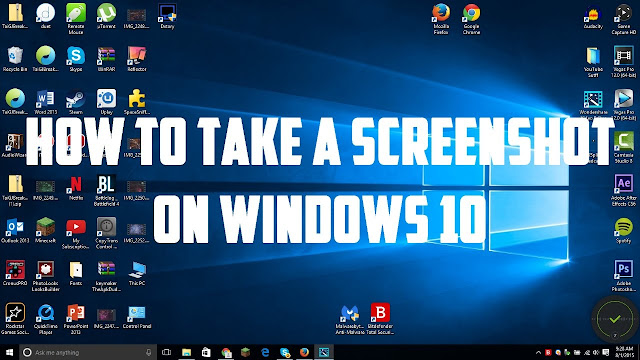Worse Wireless Security Myths Busted
Are you connected to the internet, whether wirelessly or via the Ethernet cable? But have you stopped thinking about the safety of your connection? Is someone noticing your activities on the Internet? There are lesser chances of it. It’s important to wonder about the safety of wireless connectivity. Getting access to a free Wi-Fi network is straightforward. However, the risks related to using unsecured public hotspots are no less. It is essential to separate fact from fiction and to bust out some of the misconceptions about Wi-Fi hotspot security.
- You have nothing to worry about
You think that you are not a star figure or a someone in the defense forces to worry about hacking. These kinds of views are like leaving the door opened on the basis that you don’t have diamonds or cash tucked deep inside the couch.
You might be thinking that you are not a target, but you could very well be. The hacker can use your network as a part of a botnet network, meaning that it could be used for carrying out DDOS and email scam for crashing down a site. It can also be used for finding credit card details. This security applies to your work, home, and those free public networks.
- Smaller networks are unnoticed
There was a time when this was a reality, but that is no longer the case. The logic behind this reason was that reducing the transmit power of your wireless signal will make the network challenging to find. Weaker the signal, lesser are the chances to hack it. But nowadays, antennas used by the hackers are so compelling to pick up any network. Start taking Wi-Fi more seriously. Choosing a weakened signal will not stop anyone from getting into your system.
- Public Wi-Fi is trustworthy
No! Public Wi-Fi is not a safe place. People tend to mistake it as password protected but that is not enough. It may be possible that the connection has a password, but it will not guarantee you any safety. Try your best to avoid online banking, online shopping on public connections and downloading games. If you got access to public Wi-Fi, try to catch up the news, check whether or things that don’t involve sensitive information.
Try not to remember passwords on the public network when you connect first. It will resist your device from logging in automatically into a network. Hackers use some unique gadgets to prey your network and pretend to be a legitimate network. The best way you can use a public Wi-Fi is with a virtual private network. It uses “tunnels” through which your data is sent. Always be careful about which network you are connecting to. It is straightforward for the hacker to set up an open Wi-Fi network with a safe name to trap people. Go for VPN like Norton WiFi Privacy that will help you protect your most sensitive information like credit card numbers and passwords. It will add some extra layer of security.
- Disable your SSID; It will hide your network
SSID means your Service Set Identifier; It displays the name of your home network. You may have given it some funny name, but if you have not renamed it, then your SSID may be the name of your internet service provider. Regardless of the name, it is usually suggested that disabling your SSID from the broadcasting may hide your network from the predators.
- Only expert cybercriminals can launch attacks
This is only a perception that it takes a seasoned hacker with hi-tech equipment for hacking your device. It is true that public Wi-Fi isn’t that secure. The most common form of attack is Man in the Middle (MITM). It lets the attackers snoop on people using the Wi-Fi network.
Source : https://setmcafee.com/worse-wireless-security-myths-busted/Edward Lewis is a creative person who has been writing blogs and articles about cybersecurity. He writes about the latest updates regarding www.mcafee.com/activate and how it can improve the work experience of users. His articles have been published in many popular e-magazines, blogs, and websites.



Comments
Post a Comment